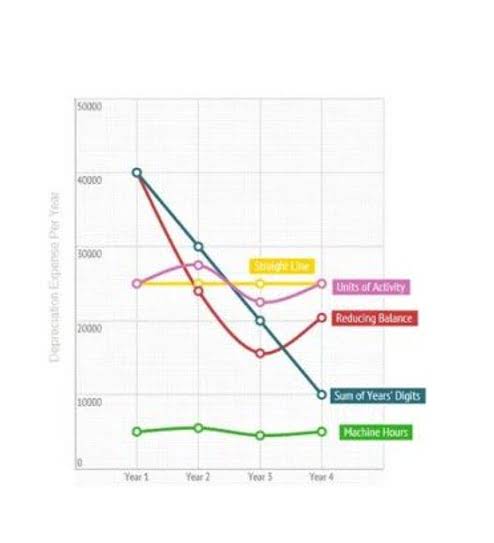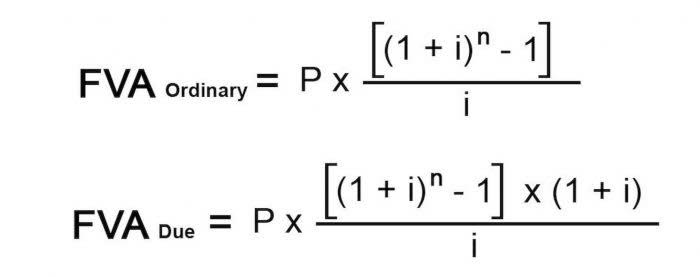
An important issue, likely to be checked by HMRC, is whether the holding company has evidence to support any management charge made to a subsidiary. Is there evidence of purchase invoices being processed through the accounts (eg, a group purchasing arrangement might be in place for certain overheads). This type of arrangement would then add credibility to a charge for management services. T. Rowe Price’s Management Fee Ratio of 0.4% reflects the fact that it is an active manager, charging higher fees relative to firms focused on passive strategies like Vanguard.

Ask a Financial Professional Any Question
This fee is specifically for asset management services and does not include other expenses related to the fund. Typically, it’s calculated as a percentage of the fund’s average assets under management (AUM). For example, a fund with a 1% management fee will charge $1,000 annually for every $100,000 of AUM.
Are There Any Tax Implications of Management Fees and Expense Ratios?
- We may earn a commission when you click on a link or make a purchase through the links on our site.
- The expense ratio gives investors a more complete view of the cost of investing in a fund.
- Neither company is registered for VAT because their supplies are either outside the scope of VAT or exempt from VAT.
- He can use the above formula to compute the fee he has to pay to compensate the investment firm for its fund management expertise.
- This aligns with Vanguard’s mission of offering low-cost funds to its clients, making it a popular choice for cost-conscious, long-term investors.
- Those features depend on the software, but they often include invaluable tools like a built-in tenant portal, automated rent payments, and a work order management system.
- Investors should scrutinize the chosen benchmarks and ensure they are appropriate and fair.
This method offers a balance between incentivizing performance and providing predictable fees. On the other hand, a fee of more than 1% is high; it can eat into an investor’s long-term profits. Therefore, if an investor spots a fee of more than 1.5%, and certainly over 2%, they might want to look at other investment funds. Of course, what are management fees in accounting this is not the only aspect one should consider while allocating funds to investment funds. They should look at other factors, like investment strategy, past performance, etc.

Financial Services
These are best practices that are important to keep in mind when setting up your property management accounting system, or even just when interacting with it if an accountant sets it up for you. With cash basis accounting, as soon as you receive or send money, whether for your services or the sale of a property or payment to a contractor, you record the transaction. Below, we review the critical accounting terms you should learn to do your property management accounting. Only those terms which are relevant to accounting in property management; no fluff or useless terms you won’t need to know.
- This situation could occur if a fund incurs early investment gains but ultimately nets to a loss (or does not have enough gains to cover benchmarks discussed earlier).
- At the heart of the 1031 exchange is the 1031 exchange timeline, which dictates how a 1031 exchange is performed.
- However, to ensure these subaccounts are all organized in the corresponding master account, a number system is necessary.
- Clear and comprehensive disclosure of management fees allows investors to make more informed decisions, comparing different investment options on a like-for-like basis.
- High-cost actively managed funds tend to underperform low-cost passively managed funds.
Experience and Reputation of the Manager
Over time, even seemingly small fees can compound, significantly impacting the overall growth of an investment portfolio. Another term that commonly arises when discussing management fees is the management expense ratio (MER). Recall that management fees are paid to the investment professionals that manage the investments and can cover other expenses, such as fund operations and administration. The management fee also covers certain expenses involved with managing a client’s portfolio, such as fund operations and administrative costs. Fees can range from 0.20% to 2%, depending mainly on such factors as management style and the size of the investment. From an investor’s perspective, the Management Fee Ratio can significantly affect the overall return on investment (ROI).
Statutory regulated services overseen by ICAEW

Alpha is another performance metric that measures a fund manager’s ability to generate returns above a market index or benchmark. Positive alpha indicates outperformance, while negative alpha suggests underperformance. The Performance Fee, also known as the Incentive Fee, is a fee that asset managers charge based on the fund’s performance above a pre-determined benchmark. This fee is designed to reward managers for outperforming the market or specific benchmarks. If a mutual fund has a Management Fee Ratio of 1%, but its Expense Ratio normal balance is 1.5%, it indicates that in addition to the 1% management fee, other fund-related costs add another 0.5%.


However, investors should also consider the bid-ask spread and trading commissions when evaluating the total cost of owning an ETF. Factors that influence management fees include the level of service, expertise, competition, and the size of the portfolio or project. Management fees can have significant implications for return on investment (ROI), budgeting and financial planning, and assessing the value of management services. The level of competition and prevailing market conditions can also affect management fees. In a competitive market, managers may lower their fees to attract clients, while a less competitive market may allow for higher fees. It is an ongoing charge paid by an investor to an investment advisor who manages a portfolio by taking all buy-and-sell decisions.
Neither company is registered for VAT because their supplies are either outside the scope of VAT or exempt from VAT. By subscribing, you agree to our privacy policy and consent to receive marketing email from Zive. Take self-paced courses to master the fundamentals of finance and connect with like-minded individuals. This team of experts helps Finance Strategists maintain the highest level of accuracy and professionalism possible.
Vintage Black-jack Game
Hockey Group 100 percent free Enjoy in the Demonstration Function
Cashlib Angeschlossen Casinos 2024 5 Beste Online Spielbank via Cashlib Einzahlung
Категорії новин
Категорії товарів
News categories
Product Categories
(095) 222 04 06 - служба доставки 1100 – 2200
Замовлення приймається до 2:30